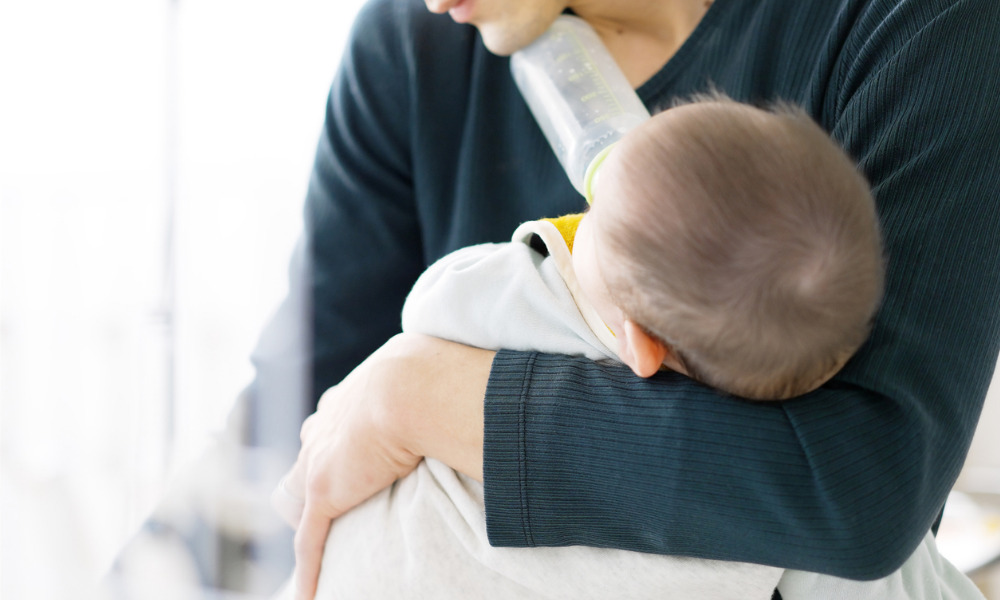
Employer group raises alarm about proposed legislation

The Australian government is introducing a new bill to expand unpaid parental leave entitlements.
Under the proposed Protecting Worker Entitlements Bill, the government is expanding an employee's entitlement to flexible unpaid parental leave from 30 days to 100 days.
The bill also allows pregnant staff to take their flexible unpaid parental leave starting six weeks prior to the expected date of birth of the child, according to Employment and Workplace Relations Minister Tony Burke.
It will also remove restrictions that prevent couples from taking more than eight weeks of unpaid parental leave at the same time, the minister added.
"It means more choice for families in how they take leave from work. This will encourage parents to better share caring responsibilities in their child's early years, which in turn promotes gender equality," Burke said.
The changes will also align the unpaid parental leave provisions with the changes the government recently introduced to the Paid Parental Leave, he added.
Early this year, Parliament passed the Paid Parental Leave Amendment (Improvements for Families and Gender Equality) Bill 2022 that now grants working parents flexible 20-week entitlement.
It follows the announcement of the Albanese government that it will expand paid parental leave from 18 to 26 weeks by 2026 in a bid to get more mothers to return to the workforce.
Following the bill's introduction, employers' organisation Ai Group is raising the alarm on the proposal's lack of balance.
"While industry is supportive of measures to help employees balance work and parenting responsibilities, we are concerned that they don't appear to be accompanied by sufficient measures that ensure that these expanded entitlements operate in a balanced and practical manner," Ai Group chief executive Innes Willox said in a statement.
Employers may be willing to accommodate working parents' needs, but they also need the ability to manage staff absences in a reasonable way, Willox added.
The organisation also called out how the bill will duplicate employers' obligations on superannuation by "replicating such requirements currently provided for under superannuation laws with new obligations under the Fair Work Act."
"While the changes are likely to be less controversial than the major reform foreshadowed for introduction in the second half of this year, it should still be subject to robust consideration by the Parliament," Willox said.